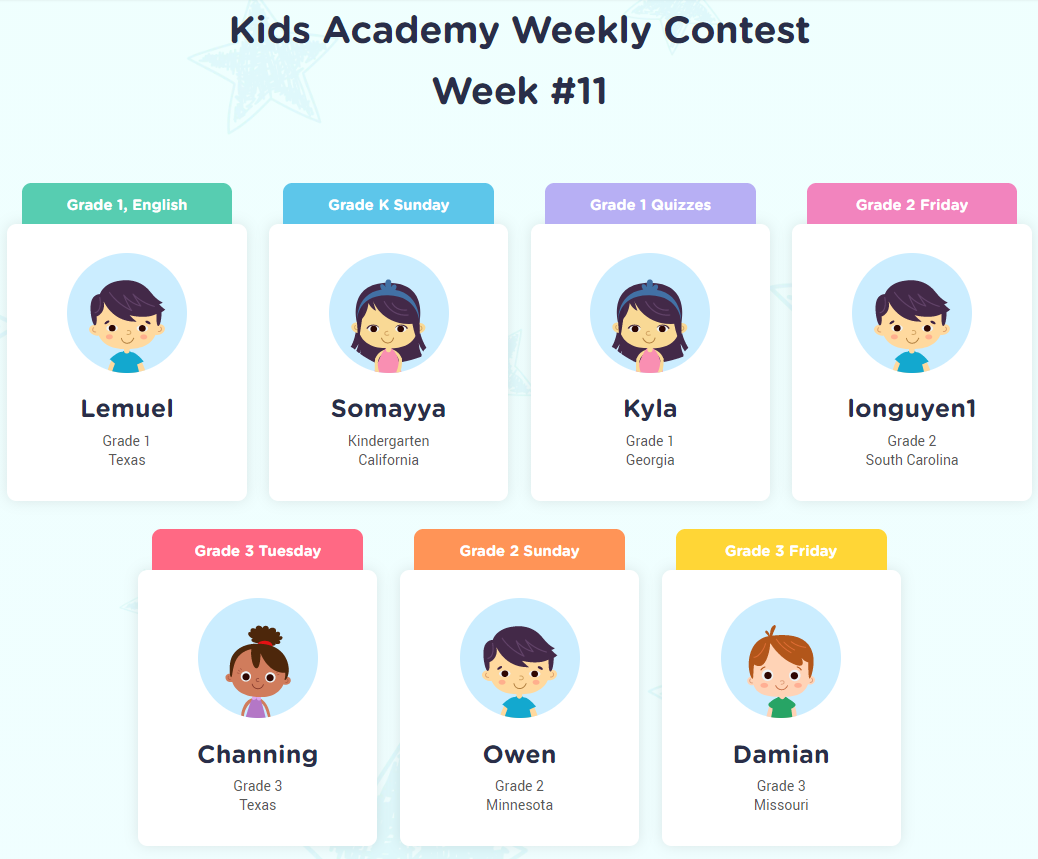Ecosystem interactions Worksheets for Kids
1 filtered results
-
From - To


Ecosystems: Assessment 1 Worksheet
Question/Answer
What does the Ecosystem interactions skill mean when it comes to Grade 2 Our Planet and Environment learning?
The Ecosystem Interactions skill in Grade 2 Our Planet and Environment learning focuses on understanding how different living organisms, such as animals and plants, interact with each other and their environment. It involves recognizing relationships like food chains, the importance of habitats, and how these interactions support the balance and health of ecosystems.
How to train the Ecosystem interactions skill in Grade 2 students learning about Our Planet and Environment?
To train Grade 2 students in Ecosystem Interactions, introduce interactive activities like growing plants, observing insects, and simple classroom experiments to show relationships between living organisms and their environment. Use storytelling to explore food chains and the impact of human activities on ecosystems. Incorporate puzzles and games that highlight different ecosystem elements and their interconnections, making learning engaging and accessible.
How does the mastery of the Ecosystem interactions skill affect a student's performance at an early age?
Mastery of the Ecosystem Interactions skill at an early age enhances a student's understanding of the interconnectedness of living organisms and their environment. This foundational knowledge improves critical thinking, problem-solving abilities, and fosters a deeper appreciation for biodiversity and conservation. Early mastery can lead to stronger academic performance in science and encourages responsible environmental stewardship.
 Assign to the classroom
Assign to the classroom


.jpg)









